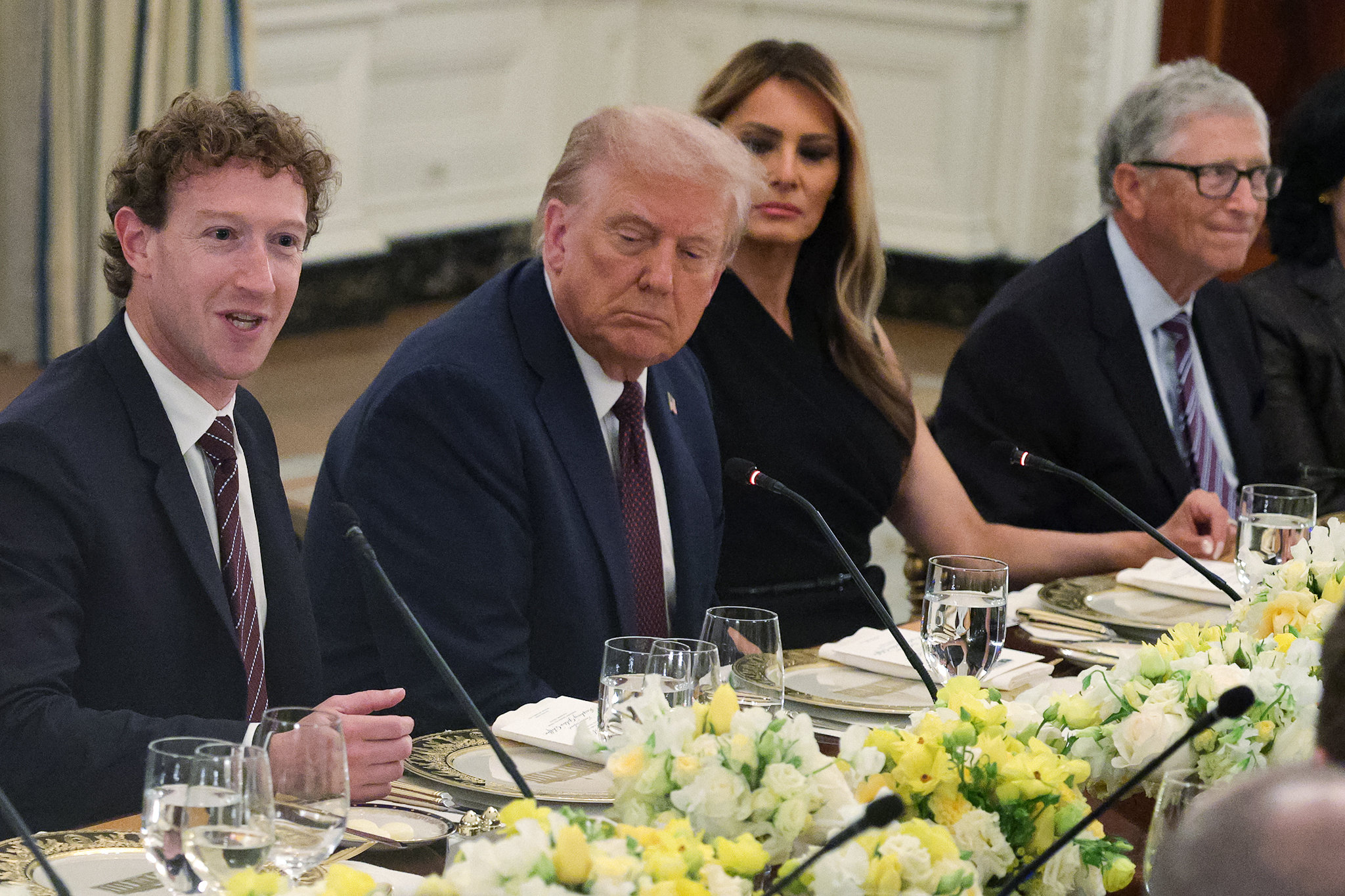
By Pablo Carmona, Beta AI
Meta description: Trump hosted top tech CEOs including Zuckerberg, Altman, and Cook for AI policy talks. Read an analysis of attendees, priorities, and what this White House AI dinner 2025 could mean for artificial intelligence regulation in the USA.
When the most powerful tech executives in America gather at the same table with the President, it is more than a meal. In early September 2025, President Donald Trump hosted a high profile dinner that centered on artificial intelligence and national strategy. Key attendees included Mark Zuckerberg seated to the President right, Sam Altman, Bill Gates, Tim Cook and Sundar Pichai. The White House framed the event around American AI leadership while the seating and guest list hinted at a strategic realignment in tech government relations.
Artificial intelligence is driving rapid change across industry and government. Questions about AI safety, regulation, and international competitiveness make meetings like this critical. With China and other countries investing heavily in AI, US policy makers and tech leaders are focused on ensuring America remains competitive. This White House AI dinner 2025 served as a forum for discussing priorities such as responsible AI development, workforce investment, and infrastructure for research.
The guest list read like a who is who of technology leadership. Reported attendees and their roles included:
Reports say topics included AI development priorities, American technological competitiveness, and frameworks for artificial intelligence regulation in the USA. The White House statement emphasized a commitment to maintaining US leadership in AI while promoting responsible approaches.
To align with how users search, here are long tail questions that reflect common intent:
This gathering could signal a move from confrontation to cooperation between major tech firms and federal leaders. Close engagement may lead to policy that favors innovation while promising oversight. That outcome raises important trade offs: potential for faster AI adoption across the economy versus concerns about regulatory independence and consumer protection.
For businesses, the meeting suggests a focus on policies that support domestic AI research, talent development, and secure infrastructure. For regulators, it underlines the need to balance industry input with public interest. In SEO terms, coverage that emphasizes expert insight and transparency will perform best because search engines increasingly favor authoritative, trustworthy sources and content that answers question based queries about policy.
The White House AI dinner 2025 was more than symbolic. It brought together the leaders who shape much of the modern digital economy and put AI policy squarely on the national agenda. Whether this event leads to a new era of collaboration or to industry friendly rules that prompt scrutiny, the conversation between Silicon Valley and Washington will be central to how the United States manages artificial intelligence in years to come.
For further reading: analysis on AI policy, updates from the White House, and expert commentary can help readers understand what comes next for US AI regulation and technology leadership.



